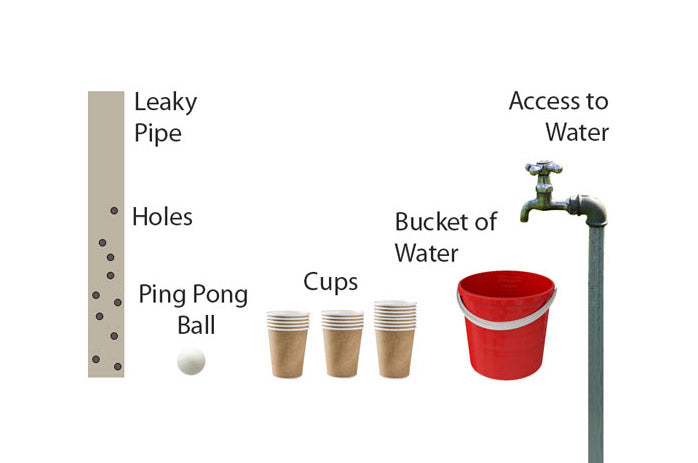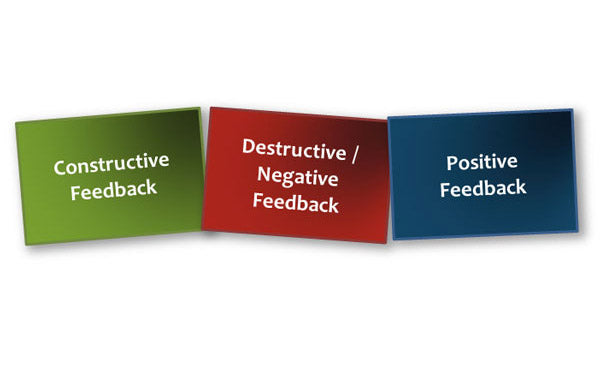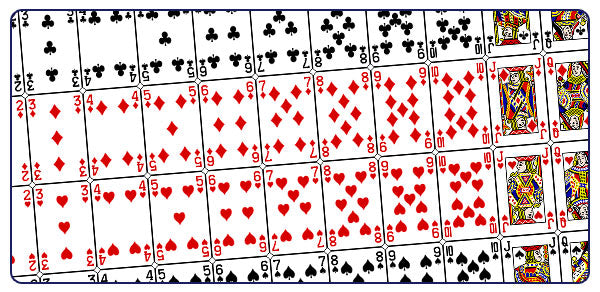Purpose
In this creative exercise, participants get to understand the value of confirmations and feedback in communication. Sometimes instructors fail to observe, receive feedbacks and correct the procedure done by a different person under their instruction. This is also a good exercise in practicing questioning techniques, in particular open versus close questions. Of course, you can explore other questioning techniques with variations of this exercise.
Objective
Delegates must make a duplicate of a Lego structure based on the instructions given by a volunteer.
What You Need
- Lego bricks for two rounds. For each round you will need two identical sets:
- One set is loose
- Another set is made into a specific structure (adjust the level of complexity based on your audience).
- A box to fit the structure into, so that delegates can’t see what it is.
Setup
- Ask for a volunteer. This person will be the instructor.
- Give the Lego structure in the box to this person. Other delegates should not see the Lego structure.
- The remaining delegates’ objective is to make a replica of the Lego structure based on the instructions given to them by the instructor.
Round 1:
- The instructor should not see the delegates who are making the replica. The delegates cannot see the original replica either. Arrange the room configuration to achieve this. For example, the instructor can sit behind a panel with the replica and just verbally give instructions.
- After a limited time (approx. 10 minutes) get the instructor to show the replica to everyone and see the differences between the two models. This usually creates a lot of laughter and amusement.
- Follow with a discussion of what went wrong and how they can improve on this.
Round 2:
- Now using a different structure and a set of corresponding Lego bricks, do a similar exercise except that this time, the instructor can see what the delegates are doing while giving the instructions. Of course, the delegates should not be able to see the replica until the end of the exercise.
- At the end, get the instructor to show the replica to others and let them discuss the results.
Timing
Explaining the Test: 5 minutes.
Activity: 10 minutes for each round => 20 minutes
Group Feedback: 15 minutes.
Discussion
Follow these two rounds with a discussion about communication and the best ways to give instructions. Of course receiving feedback is essential and a visual feedback can do wonders as demonstrated. The important point to mention is that in the real world the instructor should actively try to get feedback from others. Otherwise it is all too easy to go the wrong direction and only at the end find out what has gone wrong usually at a huge cost. This is indeed a big issue among technical developers who go on to make solutions or even products only to realise at the end that it was not what the customer wanted. Continuous feedback between designers, clients, customers and producers is essential in the success of any project.
Variations
You can extend or modify this exercise to address asking open or close questions. For example, you can set a rule that delegates can only ask open questions. An alternative rule is that delegates can only ask closed questions. You can make it even stricter. For example, the instructor can only answer yes or no.
Of course, you can also try other types of questioning methods such a Funnel Questions.
Soft Skills Training Materials
Get downloadable training materials
Online Train the Trainer Course:
Core Skills
Learn How to Become the Best Trainer in Your Field
All Tags
Training Resources for You

Course Design Strategy
Available as paperback and ebook

Free Training Resources
Download a free comprehensive training package including training guidelines, soft skills training activities, assessment forms and useful training resources that you can use to enhance your courses.

Our Comprehensive Guide to Body Language

Train the Trainer Resources
Get Insights - Read Guides and Books - Attend Courses
Training Materials
Get downloadable training materials on: Management Training, Personal Development, Interpersonal Development, Human Resources, and Sales & Marketing














Leave a comment
All comments are moderated before being published.
This site is protected by hCaptcha and the hCaptcha Privacy Policy and Terms of Service apply.